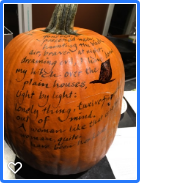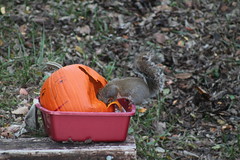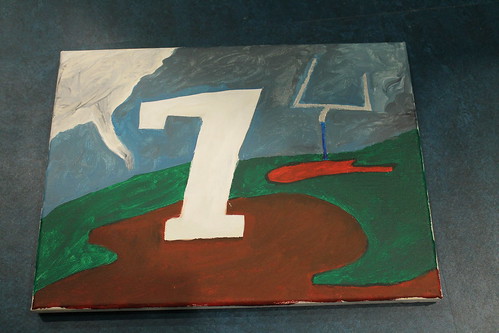There exists in Kentucky, a certain group, but not a school, of young male poets I call the sons of Wendell. That’s Wendell Berry.
These poets write out of grief for the lost Eden that is the United States, and Kentucky in particular. They speak out of a longing for a simpler, smaller, slower, more agrarian time. A time, perhaps, before God was declared dead.
All these young men are excellent poets, but the one who appeals most directly to me is Maurice Manning.
Manning ‘s persona speaks to us with a voice part frontier braggadocio (think Mike Fink) and part the trickster hick (think Mark Twain). He frequently makes me laugh, just before he makes me cry.
Manning’s could be the voice of my grandfather, who was known as Hick and whose humor was dry. When invited by his son, my father, to consider the many wonders he’d witnessed in his lifetime, he said only “We nearly starved.”
Manning’s voice takes the perception of Kentucky as a backwoods full of hillbillies and uses it to defy that perception.
Manning’s is the voice of a desperate nostalgia. My last grandmother, he writes
dead by now
for twenty years with another sad,
erasing century underway, . . .(“Grammar”)
Whereas Wendell Berry’s is a farmer’s God, tranquil in a well-kept farm, nature well under control, Manning’s is a God of passion, one more of Isaiah than of Christ:
In that real, God-given place,
which was composed of possums and dogs,
of horses and birds and trees and gloom . . .
His is like that voice “crying in the wilderness, “
That older truth and time are gone,
but not the place and not the dream,
and not the boy turned man who dreamed
the passionate dream and felt his heart
breaking open with passion, not yet. (“Old-Time Kentucky Salt-Kettle Dream”)
[These quotations are taken from Manning’s latest book, One Man’s Dark from Copper Canyon Press.]
Disclosure: I have had workshops under Manning’s tutelage and consider him a friend.




